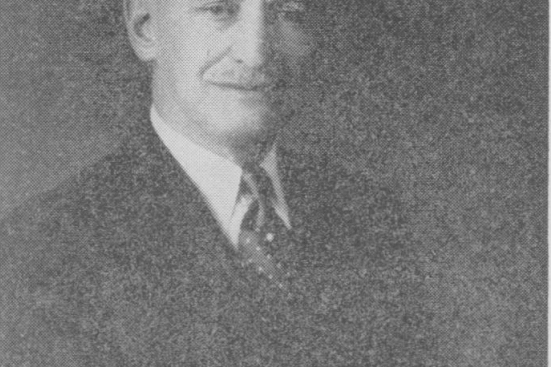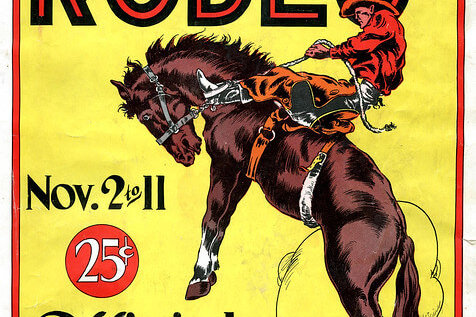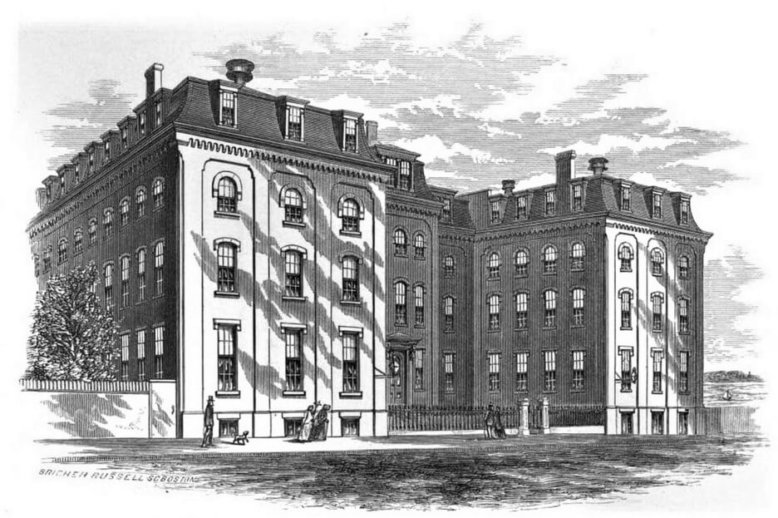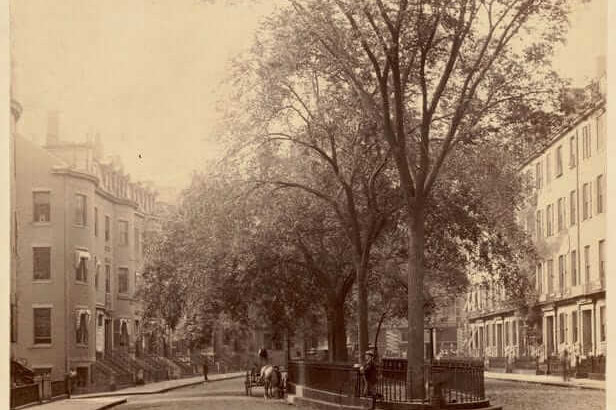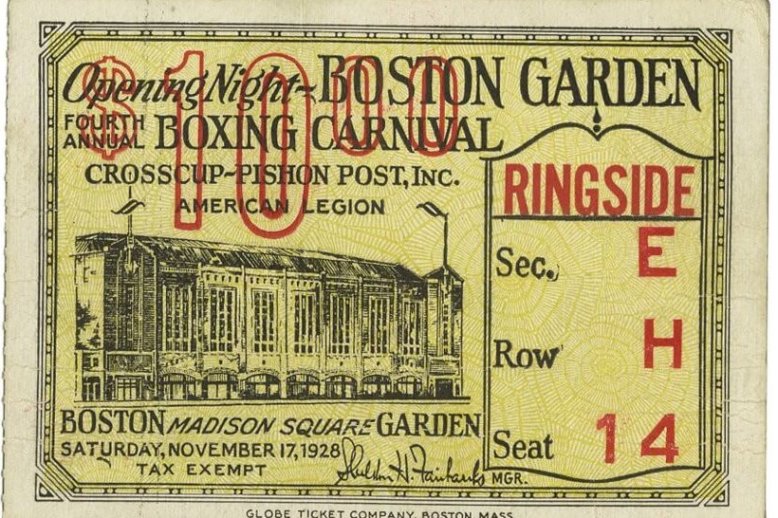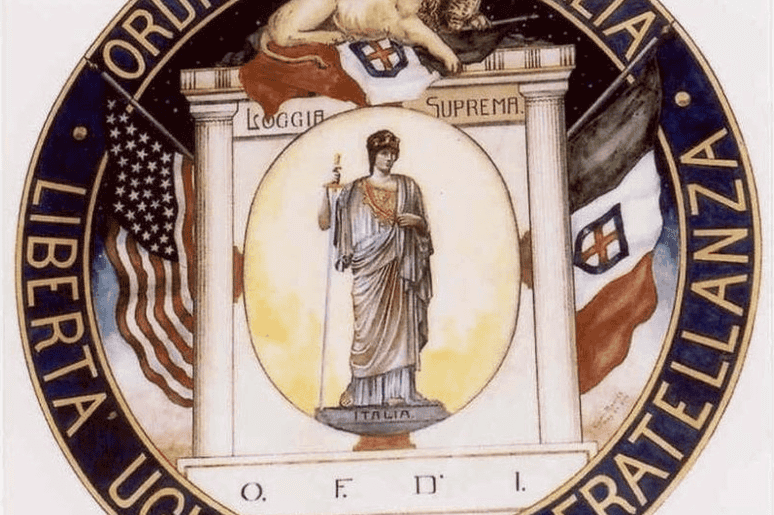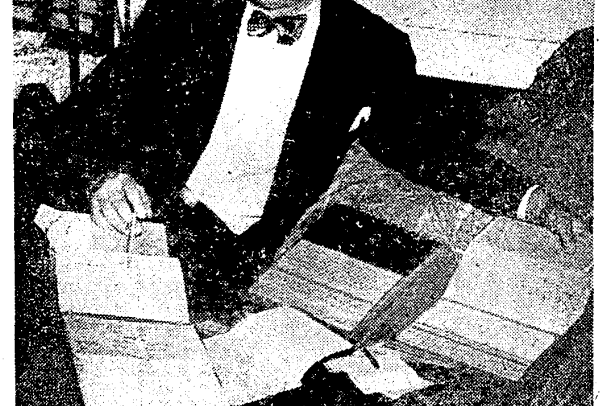History
Organizational category for all historical articles
Dr. Charles Wilinsky, a Polish immigrant who cared for West Enders at his private medical practice, founded the neighborhood’s first dedicated health center to centralize disparate healthcare services and educate West Enders in preventative healthcare practices.
In 1931, just three years after its opening, the Boston Garden hosted a new sports phenomenon sweeping the East Coast; the indoor urban rodeos of the kind produced by entrepreneur and cattleman Col. W. T. Johnson. These rodeos in the West End gave eastern sports fans a rare opportunity to relish in the romanticized cowboy image of the bygone American frontier, while also enjoying skillful, and often dangerous, feats of athleticism. Fans of these rodeos were also witnesses to the emergence of professional female sports and the birth of an organized rodeo profession.
The Home for Aged Colored Women was founded in the historic West End, on the north slope of Beacon Hill in 1860. The organization’s objective was to financially support and house elderly and poor Black women being turned away from existing charitable institutions. The organization raised enough funds to build an institution that served the community through the 1940s.
Bostonians familiar with the demolition of the West End may not know how another once-prominent location in the city disappeared from the map. This spot, located on Beacon Hill, was designed for the homes of wealthy Boston families, and was established at about the same time as another famous residential location further down “the Hill.” But, unlike Louisburg Square, which is today synonymous with old Brahmin Boston, Pemberton Square remains largely forgotten, its remnants barely visible.
When the gates of the newly-built Boston Garden opened in November of 1928, ticket holders flooded in to witness a world championship match befitting a celebration surrounding the city’s new sports venue. Local boxers from Boston also had the honor of appearing that night, including a teenage amateur champ from the West End named Arthur “Hy” Diamond. Diamond was just one representative of a West End sporting culture whose fame spread far beyond the confines of this small, immigrant neighborhood.
The West End Dante Alighieri Lodge, a chapter of the Order Sons of Italy, was founded on November 28, 1926. The Order Sons of Italy reflected the values held by the West End’s Italian-American immigrant community in the early twentieth century.
Leo H. Stone of the West End founded the “Pin Money Club” after the similarly designed “Pyramid clubs” grew rapidly throughout New England in 1949. Whereas pyramid clubs were “get rich quick” schemes vulnerable to racketeering, Stone’s Pin Money Club was based on smaller payouts and legally legitimate practices.
Urban renewal in Cairo, the capital of Egypt, over the past few decades has prioritized “slum clearance” with uneven results, and failed to ensure affordable housing for all of the city’s poor. Comparing urban renewal in Cairo to the West End suggests shared global challenges for urban redevelopment which remain with us today.


